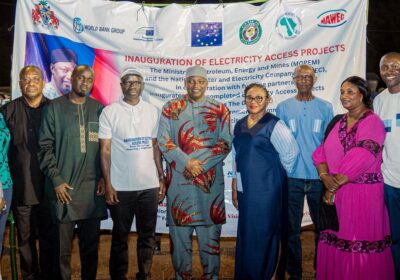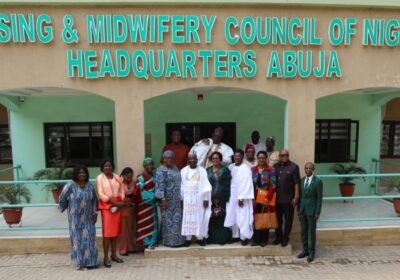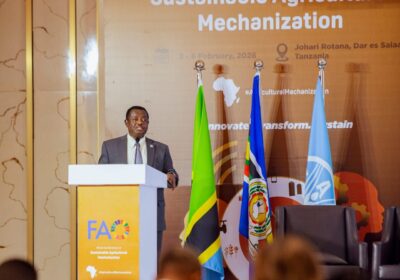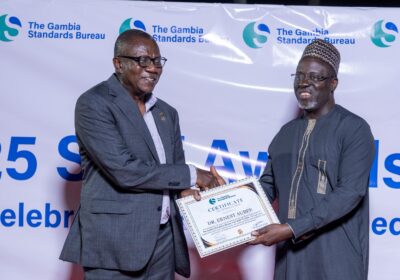Germany Leads EU Envoys to Deepen Strategic Relations with Nigeria,As Amb Annett Günther, Meets Minister of State Ministry of Foreign Affairs Bianca Ojukwu.
By Raymond Enoch
In a strong display of multilateral diplomacy, German Ambassador to Nigeria, Dr. Annett Günther, led a delegation of European Union ambassadors in a high-level meeting with Nigerian diplomat Bianca Ojukwu in Abuja. The engagement marks a renewed effort to deepen EU–Nigeria relations, with emphasis on shared democratic values, peaceful cooperation, and long-term strategic partnership.
The meeting, held under the EU’s “Team Europe” framework, served as a diplomatic convergence point aimed at strengthening existing ties between Nigeria and its largest trading partner. Ambassador Günther, speaking to the press following the meeting, described the partnership as “a relationship guided by mutual respect, shared democratic ideals, and a commitment to sustainable development.” She emphasized that Europe sees Nigeria not only as a regional power but as a co-architect of a shared global future.
Bianca Ojukwu’s presence added historical resonance and political gravitas to the dialogue. A seasoned diplomat and widow of the late Biafran leader Chukwuemeka Odumegwu Ojukwu, her participation underscored the importance of legacy, leadership, and diplomacy in shaping modern Nigeria’s international relations. Sources close to the talks noted that discussions spanned a wide range of topics, including democratic governance, climate action, peace and security, and economic transformation.
The European Union remains Nigeria’s largest trading partner and top export destination, accounting for over 20 percent of the country’s global trade. While hydrocarbons still dominate export flows, both parties agreed on the importance of diversifying trade portfolios into renewable energy, digital technology, agriculture, and green infrastructure. EU officials hinted at new avenues for economic cooperation through the Global Gateway Initiative—an ambitious European investment strategy set to channel billions of euros into African economies. Germany, as the EU’s economic powerhouse, is expected to spearhead flagship projects in Nigeria, particularly in the areas of clean energy and digital connectivity.
An official familiar with the discussions described the engagement as a recalibration of the EU–Nigeria relationship. “This is more than diplomacy; it is a strategic reset. The European Union no longer views Nigeria solely through the lens of development aid, but increasingly as a key geopolitical partner in addressing shared global challenges,” the official said. Topics on regional stability, counter-terrorism, and democratic resilience across West Africa were also central to the dialogue, with EU ambassadors reaffirming their support for Nigeria’s leadership in ECOWAS and other multilateral institutions.
Ambassador Günther, speaking on behalf of the EU delegation, concluded the meeting with a call for deeper people-to-people and government-to-government engagement. “Our destinies are increasingly interlinked. We are committed to working with Nigeria to deliver peace, prosperity, and progress not just for our nations, but for our continents,” she said.
The diplomatic initiative comes at a pivotal time when Africa’s role in global economic and political affairs is expanding, and Europe is seeking reliable partners on the continent to confront the challenges of the 21st century. Friday’s meeting signaled that the EU–Nigeria relationship is entering a new phase—one defined not by dependency, but by mutual respect, opportunity, and shared responsibility.









